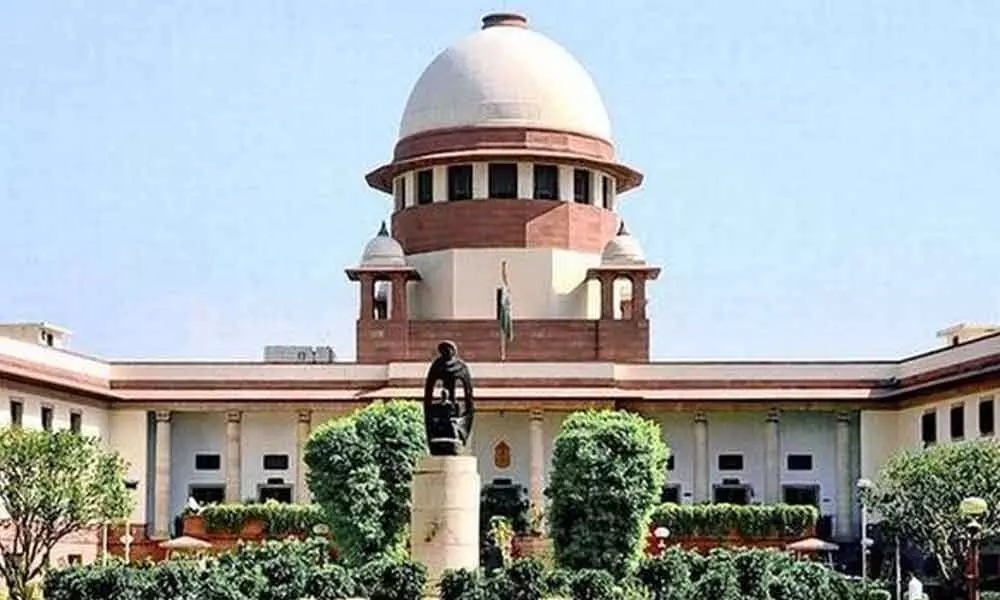Live
- BJP releases ‘charge sheet’ against BJD govt
- District Nodal Officer Venkataramana announced the intermediate results
- She team that stopped child marriages
- Medical devices sector needs separate rules, says industry body AiMeD
- Andhra Paper declares lockout
- Opposition INDIA bloc working on 'one year, one PM' formula: PM Modi
- Delhi HC quashes FIR for outraging woman's modesty, orders man to assist Traffic Police for a month as settlement
- 'Apologise to families of farmers who committed suicide in Vidarbha', Amit Shah dares Sharad Pawar
- SC Collegium recommends appointment of a permanent judge in Chhattisgarh HC, extension of term of two judges
- U20 Men's football nationals: Telangana, Sikkim earn full points with easy win









